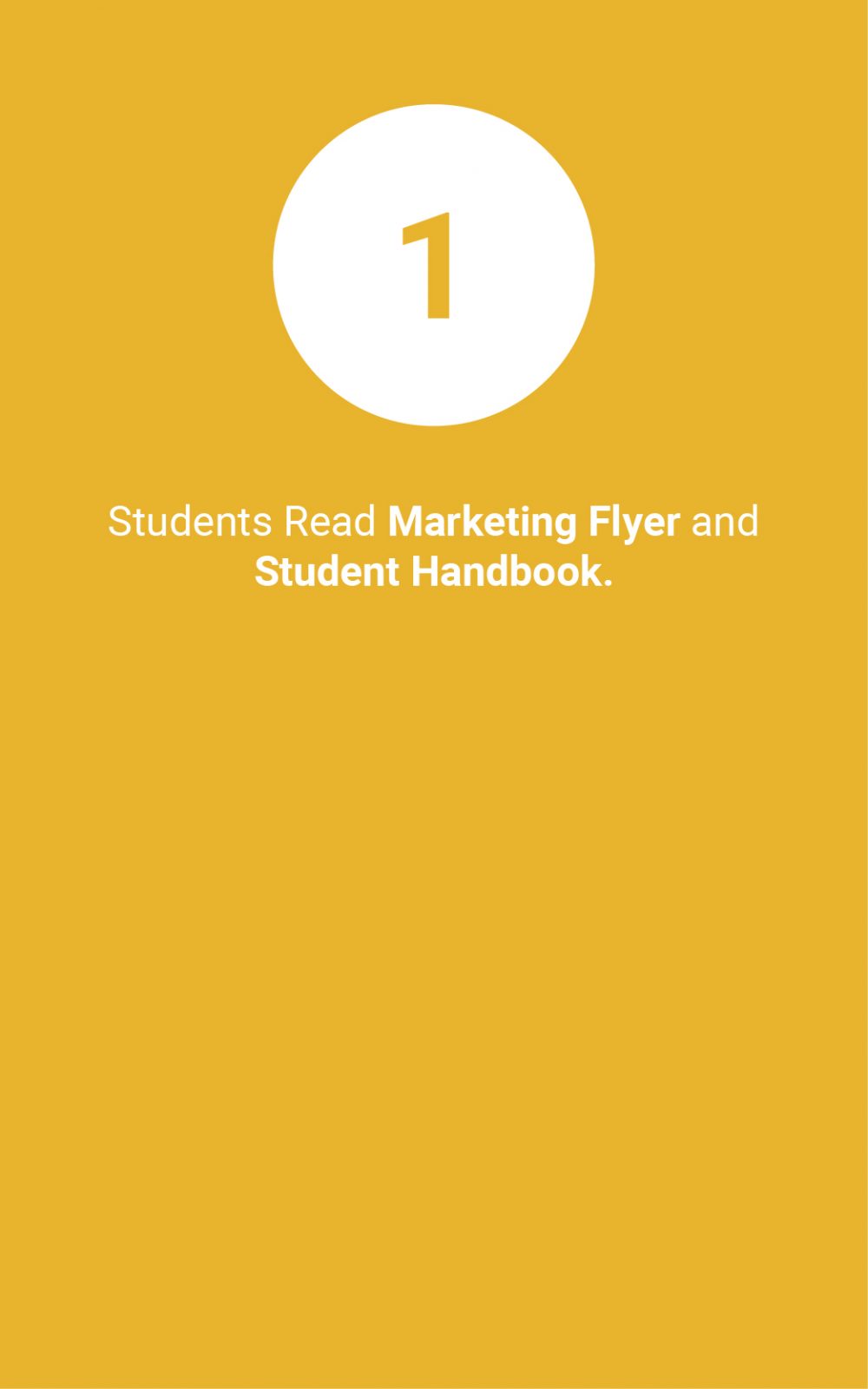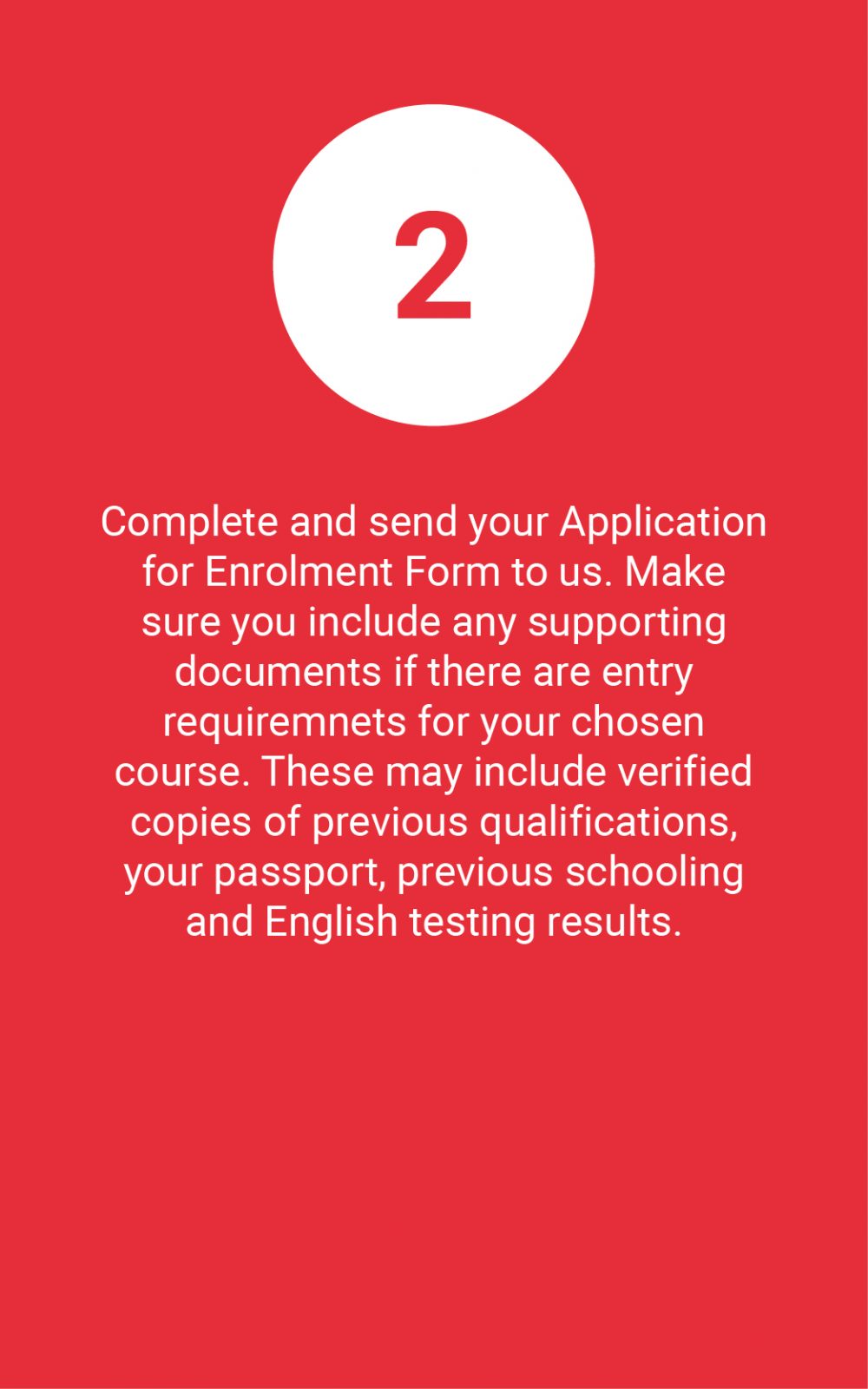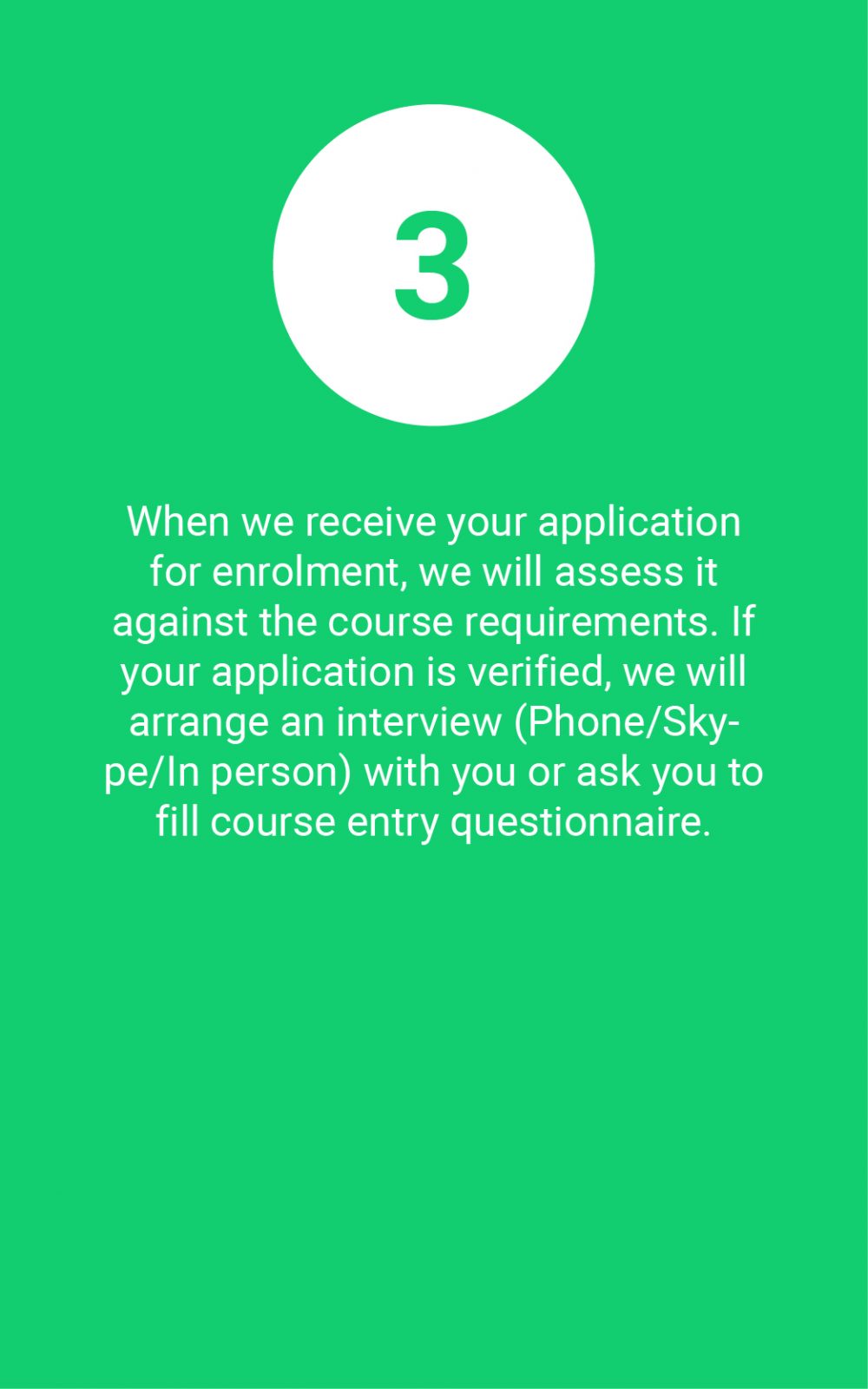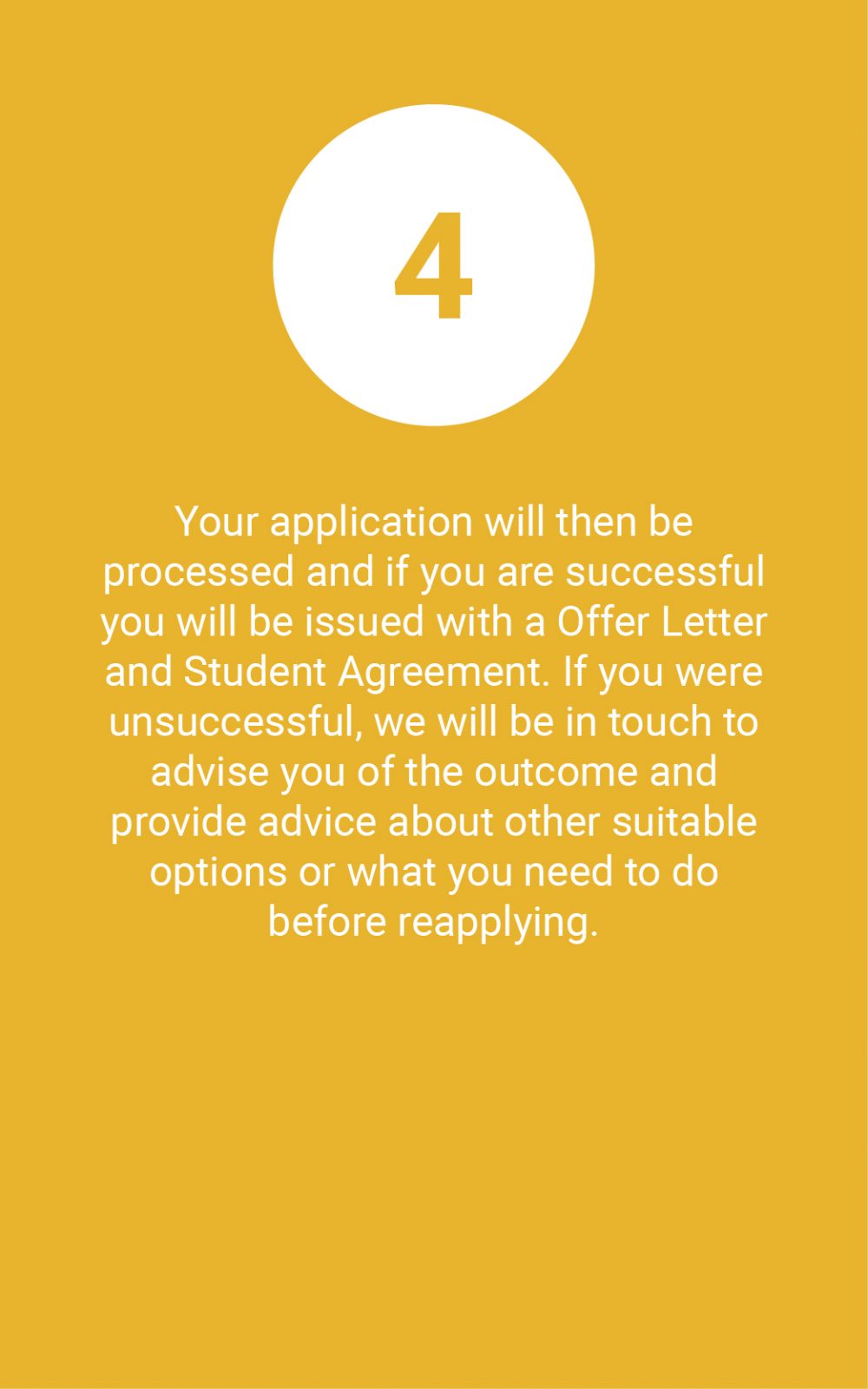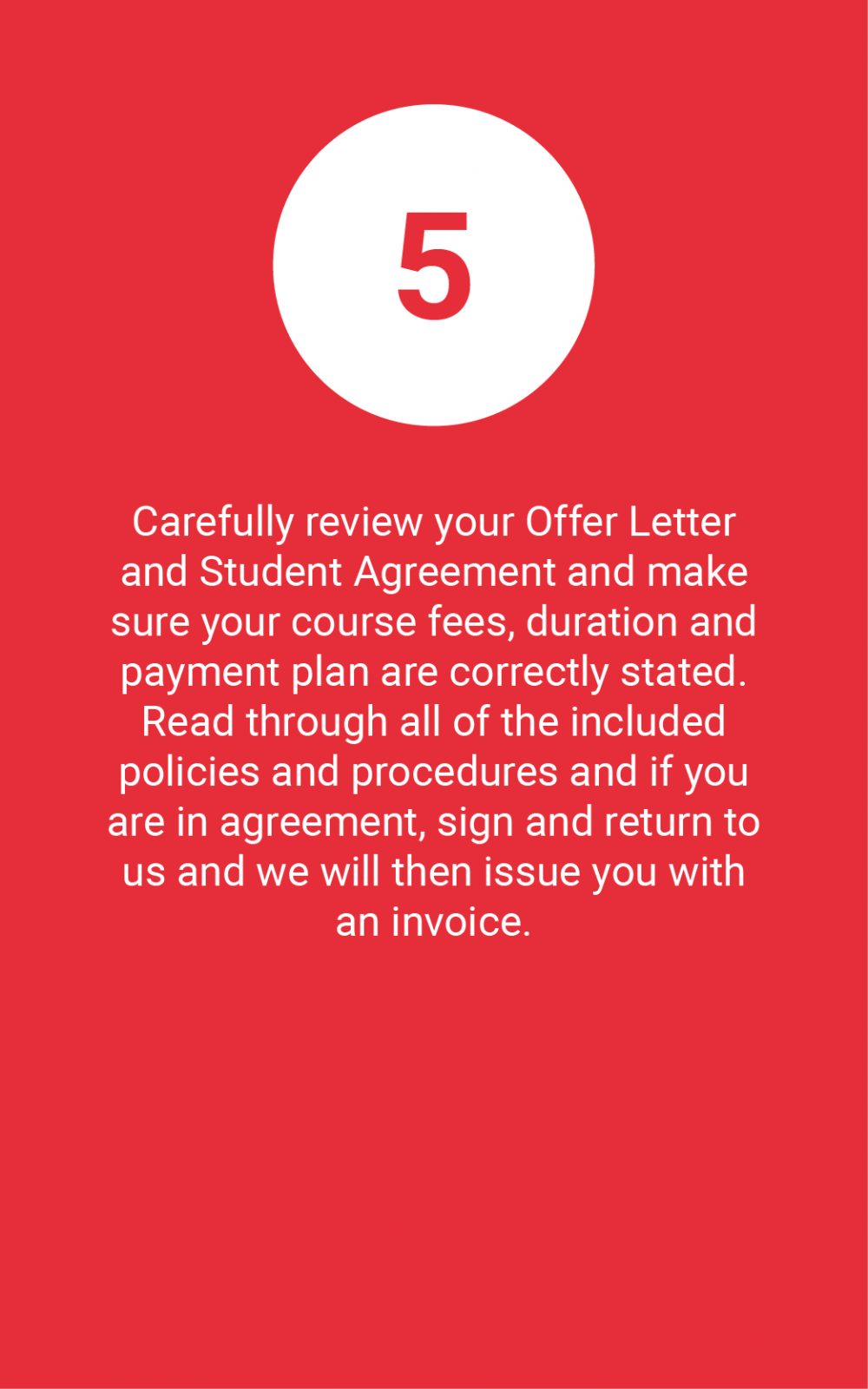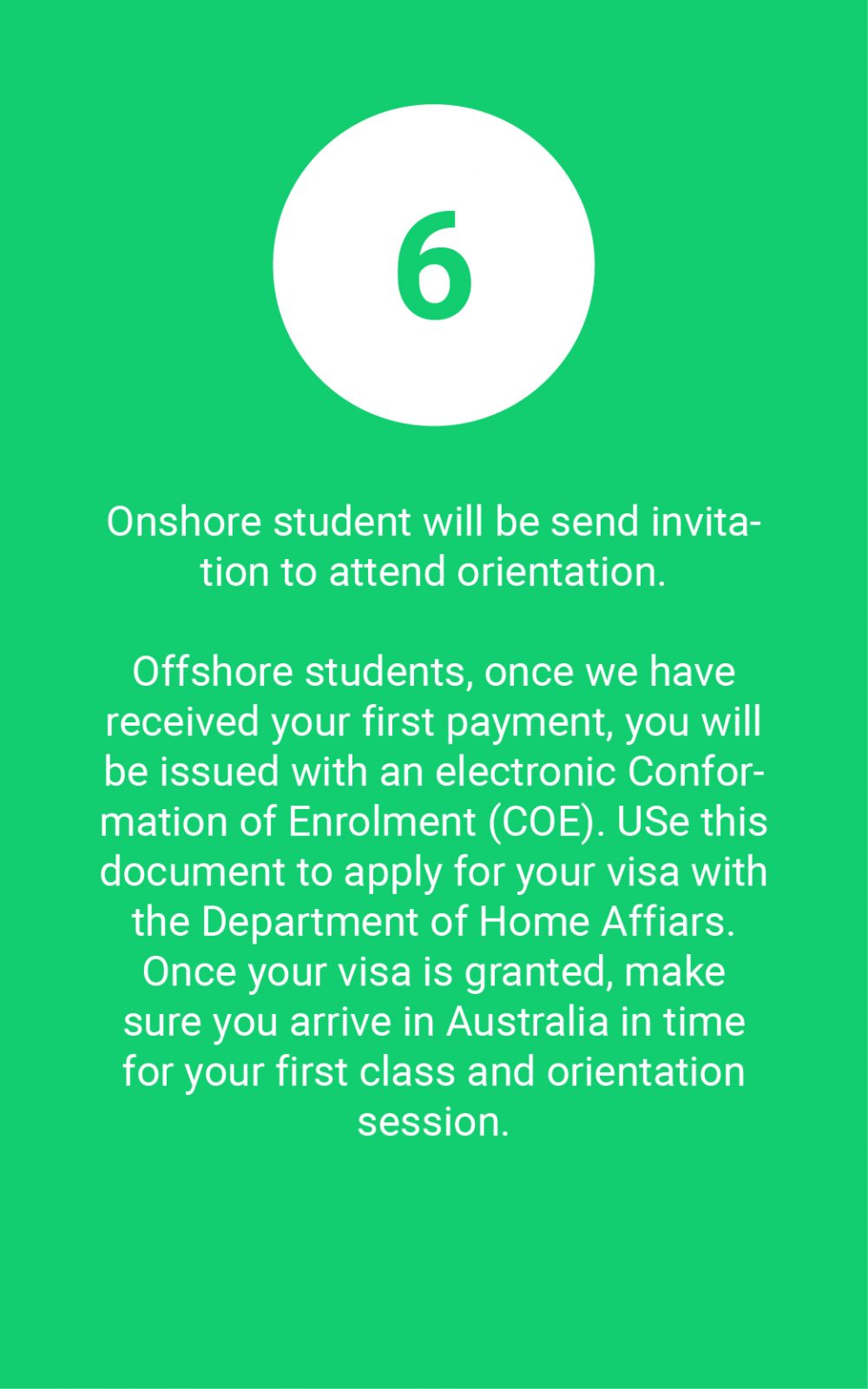AUR30620-Certificate III in Light Vehicle Mechanical Technology
- CRICOS Course Code: 110251K
- Mode of delivery: Blended (Face to Face + Scheduled Online Learning)
- Location: Sydney | Gosford (Campus)
- Study: 80 Weeks
- Holiday Breaks / Catch-up classes: 24 Weeks
- Total Study Duration: 104 Weeks
Overview
This qualification reflects the role of individuals who perform a broad range of tasks on a variety of light vehicles in the automotive retail, service, and repair industry.

Target groups for the AUR30620 Certificate III in Light Vehicle Mechanical Technology are domestic and international students who are:
● Seeking to pursue a career in light vehicle mechanical technology.
● Seeking to enter a new industry sector.
● Seeking a pathway to higher-level qualifications.
Characteristics of the target group are as follows:
Students will be from a range of countries and may be living in Australia for the first time or may have been here in the recent or more distant past.
Many will speak English as a second language, although an entry level has been set to ensure students are able to complete course work.
Students are expected to typically fall into the age range of 18 – 35 as people are still establishing or changing careers.
Credit and/or RPL can be provided for those with existing skills and knowledge allowing such students to complete the course in a shorter time frame.
It is noted that although we are required to offer RPL as per the Standards for RTOs 2015, it would not be expected that international students would pursue this pathway due to lack of relevant workplace experience and existing skills and knowledge.
The following units are included in this course, and all are required for the award of the qualification. If you successfully complete some but not all units, you will be awarded with a Statement of Attainment.
AURAEA002 | Follow environmental and sustainability best practice in an automotive workplace | Core |
AURASA102 | Follow safe working practices in an automotive workplace | Core |
AURETR112 | Test and repair basic electrical circuits | Core |
AURETR123 | Diagnose and repair spark ignition engine management systems | Core |
AURETR125 | Test, charge and replace batteries and jump-start vehicles | Core |
AURETR129 | Diagnose and repair charging systems | Core |
AURETR130 | Diagnose and repair starting systems | Core |
AURETR131 | Diagnose and repair ignition systems | Core |
AURLTD104 | Diagnose and repair light vehicle steering systems | Core |
AURLTB103 | Diagnose and repair light vehicle hydraulic braking systems | Core |
AURLTD105 | Diagnose and repair light vehicle suspension systems | Core |
AURLTE102 | Diagnose and repair light vehicle engines | Core |
AURLTZ101 | Diagnose and repair light vehicle emission control systems | Core |
AURTTA104 | Carry out servicing operations | Core |
AURTTA118 | Develop and carry out diagnostic test strategies | Core |
AURTTB101 | Inspect and service braking systems | Core |
AURTTC103 | Diagnose and repair cooling systems | Core |
AURTTE104 | Inspect and service engines | Core |
AURTTF101 | Inspect and service petrol fuel systems | Core |
AURTTK102 | Use and maintain tools and equipment in an automotive | Core |
AURAFA103 | Communicate effectively in an automotive workplace | Elective |
AURETR128 | Diagnose and repair instruments and warning systems | Elective |
AURETR132 | Diagnose and repair automotive electrical systems | Elective |
AURETR143 | Diagnose and repair electronic body management systems | Elective |
AURLTJ102 | Remove, inspect, repair and refit light vehicle tyres and tubes | Elective |
AURLTJ113 | Remove, inspect and refit light vehicle wheel and tyre assemblies | Elective |
AURLTQ101 | Diagnose and repair light vehicle final drive assemblies | Elective |
AURLTQ102 | Diagnose and repair light vehicle drive shafts | Elective |
AURLTX101 | Diagnose and repair light vehicle manual transmissions | Elective |
AURLTX102 | Diagnose and repair light vehicle automatic transmissions | Elective |
AURLTX103 | Diagnose and repair light vehicle clutch systems | Elective |
AURTTA105 | Select and use bearings, seals, gaskets, sealants and adhesives | Elective |
AURTTF102 | Inspect and service diesel fuel injection systems | Elective |
AURTTJ011 | Balance wheels and tyres | Elective |
AURTTK001 | Use and maintain measuring equipment in an automotive | Elective |
AURTTZ102 | Diagnose and repair exhaust systems | Elective |
*Please be advised that our elective course offerings are periodically updated to align with industry trends, student feedback, and regulatory requirements, ensuring our curriculum remains current and relevant.
The qualification is delivered over 104 weeks comprising of:
● Eight (8) terms of 10 weeks each (80 weeks total)
● Holiday breaks/catch-up classes amounting to 24 weeks
Students are required to attend 14 hours of classroom training per week and complete scheduled online classes 6 hours per week.
Homework is expected to be approximately 2 hours a week. The total amount of training provided being structured classroom sessions and practical training is 746 hours and for scheduled online classes is 480 hours. Time scheduled for assessment in class and workshop is 374 hours. Homework which is unsupervised and may include research for assessments and general reading is expected to be on average 2 hours a week
Training and Assessment Strategy
Total delivery and assessment hours therefore amount to 1,600 hours and the volume of learning (i.e., including unsupervised learning of homework) is 1,760 hours. A detailed breakdown of hours is provided in the Training and Assessment Schedule.
Novus Education has decided on the course duration and amount of training taking into account the AQF Volume of Learning, which is typically 1 – 2 years and 1200 – 2400 hours. It is considered that the duration and amount of training provided will allow students the opportunity to fully absorb the required knowledge, as well as develop skills over time.
Where learners have prior skills and knowledge, they may apply for RPL or credit transfer, which will reduce the course duration if granted.
Satisfactory course progress and attendance is very important in order to meet visa requirements. Please read the International Student Handbook carefully for more information. You will also be provided with further information about course progress and attendance requirements at your orientation.
Additional Classes: Offered based on identified needs.
Trainer/Assessor Contact: Available via email, Zoom, in person, and phone.
Assessment Attempts: Two free assessment attempts are provided.
Reasonable Adjustments: Available in training and assessment.
Ongoing Conversations: Staff maintain regular communication with students to track course progress.
Individualized Support: Tailored assistance for those who may have been away from studying for a while, non-English native speakers, or those requiring extra help with literacy or numeracy.
The resource requirements for the course include:
A laptop with Office 365 or a similar program for use during classes.
Minimum specifications for a PC or MacOS, including RAM, hard disk space, monitor resolution, and internet connectivity.
Access to Wi-Fi and modern classrooms.
Student Guides relevant to each unit in the course.
These resources are necessary to support the learning environment and ensure students can engage effectively in the coursework.
Students may apply for recognition of existing qualifications or skills, knowledge, and experience (credit transfer or recognition of prior learning). The granting of course credit may affect course fees as well as the duration of the course.
This process is outlined in Novus Education Student Enrolment and Completion Policy and Associated Procedures and Training and Assessment Policy & Associated Procedures.
Novus Education has the following entry requirements:
International students must:
- Be at least 18 years of age and have completed Year 12 or
- be approved in the pre-enrolment evaluation to assess the suitability of the course for the student, and to understand student needs
International students must:
- Have an IELTS* score of 6.0 (test results must be no more than 2 years old). English language competence can also be demonstrated through documented evidence of any of the following:
- Educated for 5 years in an English-speaking country; or
- Successful completion of an English Placement Test
*Note that other English language tests such as PTE and TOEFL can be accepted. Students are required to provide their results so that it can be confirmed they are equivalent to IELTS 6.0
To receive a breakdown of your tuition costs, please reach out to us at admin@novus.edu.au. Detailed payment plan and payment arrangements will be provided in the Offer Letter and Student Agreement. You must pay all of your course fees and on time. Non-payment of fees may result in cancellation of enrolment.
You are also required to take out Overseas Health Insurance Cover before arriving in Novus Education provides details of OSHC providers in the International Student Handbook. You can approach any of these providers to find out costs and organise your cover. Additional costs associated with living in Australia are outlined in the International Student Handbook. You should carefully review these costs in relation to budgeting. Further information can be found at https://www.studyinaustralia.gov.au/english/live-in-australia/living-costs
To apply for this course, you are required to complete an enrolment form and submit all required supporting evidence including copies of your:
Academic Certificates
proof of English language proficiency as
specified in the entry requirements.
After completing the enrolment form and submitting all required supporting documents, if your application is successful, you’ll receive an Offer Letter and Student Agreement. Review these documents thoroughly to ensure you’re comfortable with the terms and conditions. Once you’re satisfied, sign the documents and send them back.
Upon receiving these signed documents, the institution will issue you a Confirmation of Enrolment (CoE) letter along with an invoice for the initial payment. The commencement of the course will include orientation and induction sessions, providing information about campus facilities, living in Australia, accessing support services, and meeting course progress requirements.
Make sure to read the course outline along with Novus College’s International Student Handbook, available online at www.novus.edu.au, for comprehensive information and guidelines.


